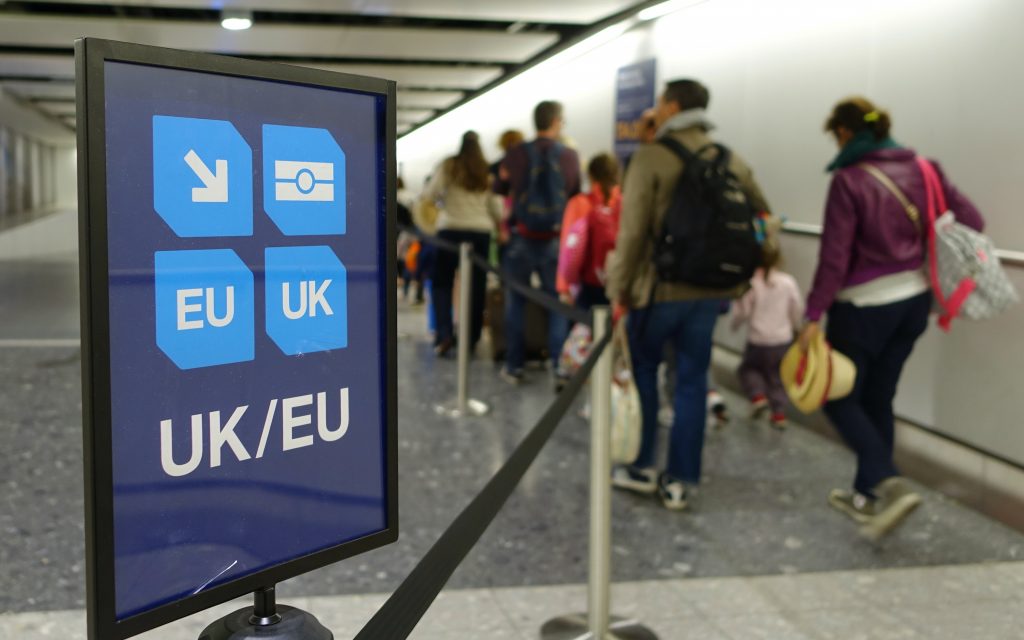 Migration
Migration 
Immigration has been a hotly debated topic for many years.
This project looks at immigration in a Welsh context. It considers the possibility of a Welsh immigration policy and, importantly, the social integration in Welsh villages, towns and cities of people born outside of the UK.
Context
People coming to Wales to find work, to study or to join their families is nothing new. Thousands of people from different parts of the world immigrated to Wales, especially South Wales, during the 19th Century to work in coal and steel industries and in Wales’ docks, and they have continued to arrive for a variety of reasons.
As a member of the European Union, EU citizens have been free to move to Wales and the rest of the UK since 1992 – just as Welsh people have been free to retire to Spain if they wish. Citizens of other countries have had to comply with strict immigration and asylum policies if they wish to gain entry.
What is the problem?
All parts of Wales have experienced some increase in the number of people moving into the area from outside the UK. Even though the numbers of in-migrants are often very small, many people are concerned about immigration to their communities. As a result, immigration has become a top political issue, and was one of a number of concerns that articulated in the vote to leave the EU.
From 1 January 2021, free movement will end and EU and non-EU citizens will be subject to the same immigration rules as non-EU citizens. EU citizens who live in Wales will have to seek permission to remain in the UK under the EU Settlement Scheme. The Immigration Bill will be introduced to the House of Commons on Thursday 5 March ending the European Union’s rules on free movement and will outline it’s new UK points-based immigration system.
Changes to immigration policy have big implications for Wales. They will change who has the right to live, work, study or seek sanctuary here, which in turn affects the Welsh economy, public services, higher education and its future population.
Immigration also affects the cohesion of communities, with some migrants feeling excluded from Welsh life and experiencing harassment or abuse. Hate crime for racial or religious motives has increased substantially since 2016, and affects migrants no matter how long they have lived in Wales or their reasons for immigrating.
Aims
In this project we aim to:
- Increase understanding of the role and importance of immigration to Wales’ current and future population
- Stimulate debate about the potential to devolve decisions over who can live, work, study or seek sanctuary in Wales
- Develop practical policies and tools to increase community cohesion and inclusion.
What are we doing?
We are talking to stakeholders across Wales about their views on increasing community cohesion and integration, and speaking to people with lived experiences of migration in Carmarthenshire, Newport and Swansea.
The project was completed in April 2020.
This project is kindly funded by the Paul Hamlyn Foundation.
Outputs
To date we have published the following papers:
- Demographic trends in Wales
- Life after free movement: Making immigration policy work for Wales
- State of Wales briefing on migration [log in required}
- Consultation response to the External and Additional Affairs Committee: Changes to freedom of movement after Brexit
- Shared ground: integrating migrants in Wales
Project details
If you would like further information please contact [email protected]

